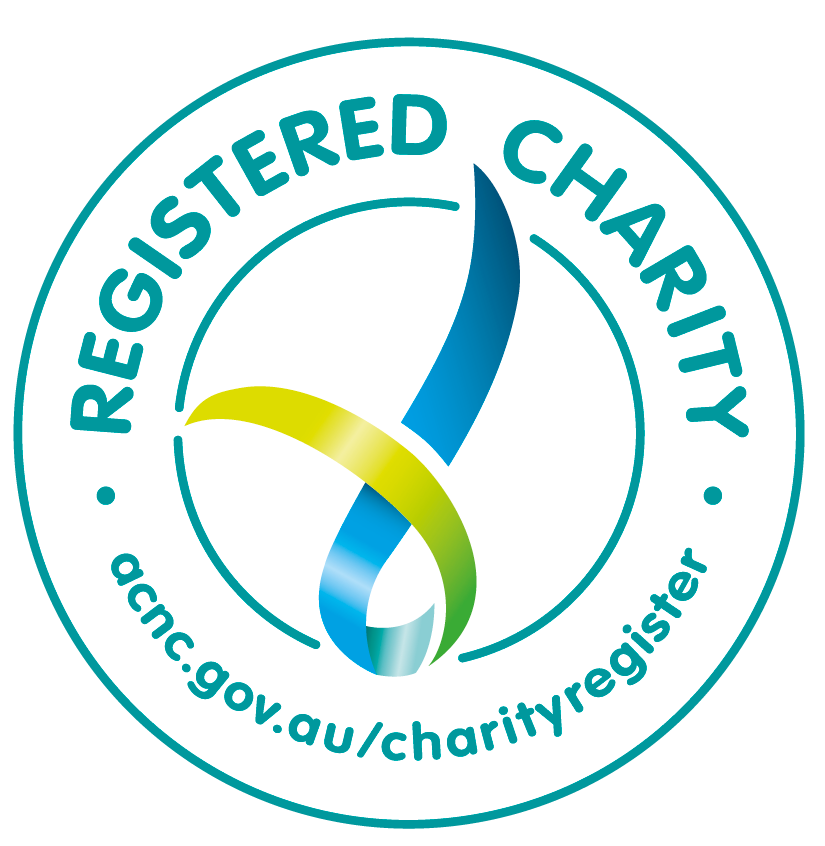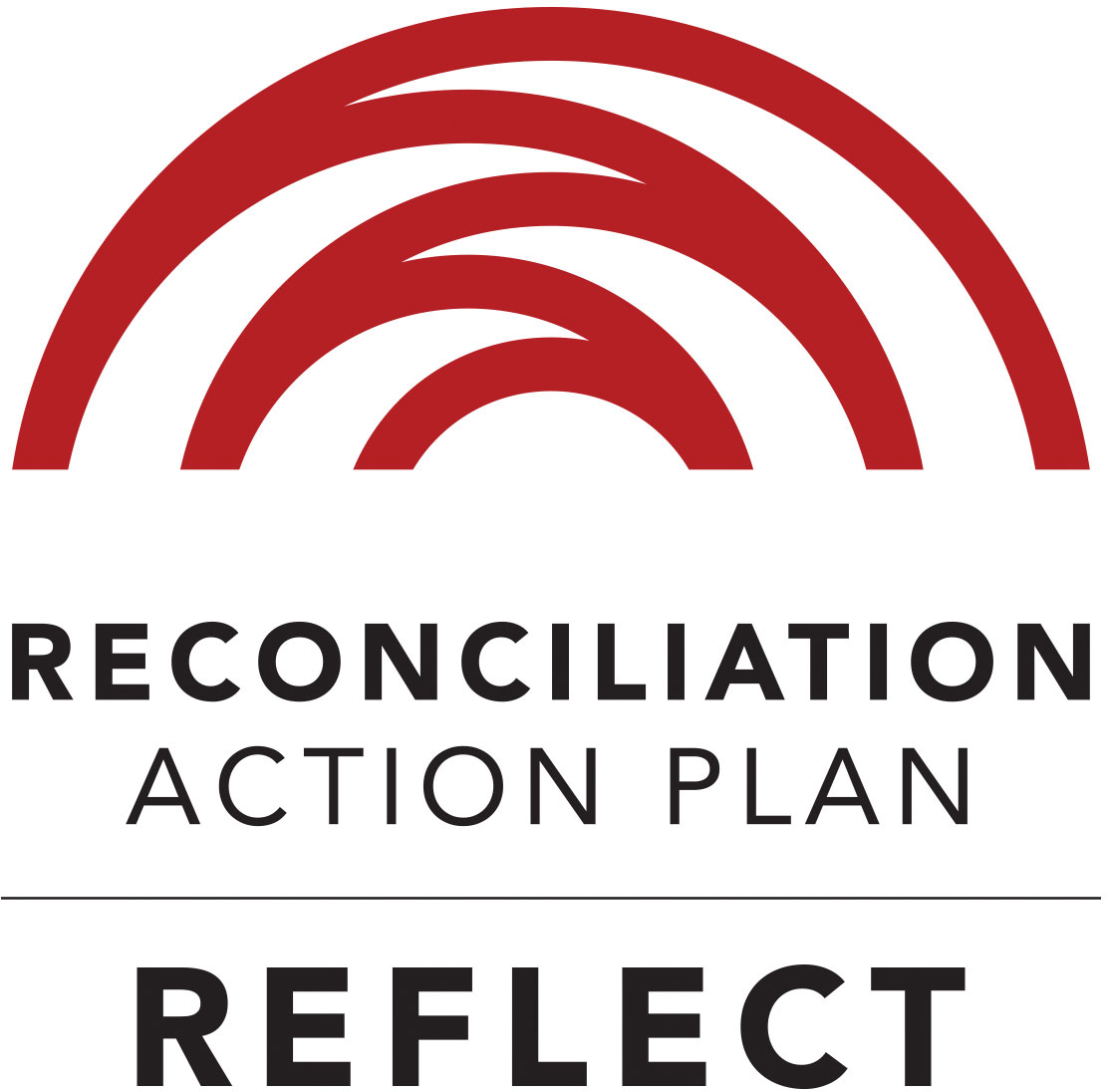More pages in this section
Empowering women's health in Queensland: informed choices for regional wellbeing
Women's Health Week: "Your voice, your choice"
As another Women's Health Week begins, selectability is excited to start a series of daily articles that explore important topics in women's health, with a special focus on the unique needs of women in regional Queensland. At selectability, we believe in the power of informed choices. This week, we're bringing together voices that matter most—both from within our organisation and from key leaders in our community.
Thank you so much to the selectability team for being part of the 2024 Women’s Health Week. I imagine the theme of “Your Voice. Your Choice” resonates with selectability’s own commitment to giving individuals a voice and a choice so they receive the right support for their own recovery. The Jean Hailes team is grateful for your support in getting out women’s health messages across regional Queensland…thank you! - Sarah L. White, CEO of Jean Hailes for Women's Health
This year's theme, "Your voice, your choice," strongly aligns with our mission of selectability. It reminds us that every woman in regional Queensland should have access to reliable health information to make decisions that best support her wellbeing. Stay with us each day as we cover essential topics, starting with how education and informed choices can empower women in our regional communities to take control of their health.
Why is it important for women in regional Queensland to make informed health decisions?
Understanding the impact of health literacy on women's health in regional areas
Health literacy is crucial for women's health, especially in regional areas, where access to healthcare can be challenging. When women in our communities have a strong understanding of health information, they are better able to:
- confidently use healthcare services in their local area
- manage existing health conditions proactively, even with limited local resources
- take steps to prevent common health issues in our region
Sarah, a participant in one of selectability's community health workshops in Townsville, shares: "After attending selectability's workshop, I felt empowered to talk openly with my doctor about my symptoms, leading to an early diagnosis and a successful treatment plan, even though I live in a remote area".
Quick tips for better health literacy in regional Queensland:
- check the source of your health information, focusing on local health services and reputable Australian health websites
- don't hesitate to ask your local doctor or selectability staff to explain things in simpler terms
- use decision aids from your healthcare provider to weigh your options
The role of education in making informed health choices
Education plays a key role in helping women make informed health choices. Through targeted health education programs, women can gain the knowledge and skills they need to understand their health needs and options. These programs often cover topics like:
- nutrition based on regional produce and availability
- reproductive health services in regional areas
- mental health support tailored to remote communities
- managing chronic diseases
How empowering women leads to better health outcomes in regional Queensland
When women in our regional communities have the knowledge and resources to make informed decisions, they are more likely to:
- take preventive health actions
- follow treatment plans, even with the challenges of distance
- seek timely medical advice, using tools like telehealth
This proactive approach can lead to early detection and management of health conditions, reduce the risk of complications, and improve overall health outcomes for women in regional Queensland.
What barriers do women in regional Queensland face in making informed health choices?
Common obstacles in accessing healthcare information in regional areas
Despite the importance of informed health choices, women in regional Queensland often face significant barriers, including:
- limited access to specialist healthcare information and services
- cultural differences, particularly for First Nations women in our communities
- challenges with internet connectivity and digital resources in remote areas
The influence of socioeconomic factors on health decisions in regional Queensland
Socioeconomic factors play a significant role in shaping women's health decisions in our region. Women in regional Queensland often face:
- financial constraints that limit access to healthcare services, especially when travel is required
- difficulty taking time off work for medical appointments due to limited local job opportunities
- transportation challenges to healthcare facilities
Addressing competing interests and misinformation in regional communities
Critical thinking and health literacy are essential to counteract misinformation. Women should have the skills to evaluate the credibility of health information sources and recognise potential biases.
How can women in regional Queensland make informed health choices?
Strategies for assessing health information
To effectively access health information, women in our communities should:
- evaluate the source (look for Queensland Health, selectability, and other reputable medical organisations)
- look for evidence-based information
- check the date of the information to ensure it's relevant to current regional healthcare practices
Tools and resources for women's health education in regional Queensland
Numerous tools and resources are available to support women's health education, including:
- online health portals and educational websites
- community health programs and support groups in various regional locations
- workshops and seminars focusing on women's health issues
Engaging with healthcare providers effectively in regional settings
To improve engagement with healthcare providers, women in regional Queensland can:
- prepare a list of questions and concerns before appointments, considering regional healthcare limitations
- take notes during consultations or telehealth appointments
- ask for written information that can be referred to later, especially for those in remote areas
- seek second opinions when unsure about a diagnosis or treatment plan
Your voice matters in your healthcare journey, especially in regional Queensland, where healthcare access can be challenging. By actively participating in discussions with your provider, you're taking an important step towards making informed choices.
What role do healthcare providers play in women's health decisions in regional Queensland?
The importance of communication and trust in regional healthcare
Communication and trust are crucial in the relationship between healthcare providers and women. Providers should:
- use plain language and avoid medical jargon, considering the varying levels of health literacy in our communities
- show empathy, respect, and cultural sensitivity, which is particularly important in our diverse regional communities
- encourage women to ask questions and express their opinions, recognise the unique challenges of regional healthcare
Provider initiatives to support informed decisions
Healthcare providers can implement various initiatives to support women in making informed health decisions, such as:
- Integrating shared decision-making into clinical practice, considering regional healthcare limitations
- Offering decision aids (pamphlets, videos, online tools) tailored to regional health issues
- Facilitating access to health education resources and support groups across regional Queensland
Key concepts for women in regional Queensland to make informed health choices
- think critically about health claims: women should question the motivations behind health claims and be wary of sensationalised headlines
- use informed decision-making frameworks: following structured approaches like the shared decision-making (SDM) or recovery-oriented practice models can help women make health choices systematically, even in resource-limited regional settings
- seek education and support: participating in comprehensive health education programs and building a solid support network empowers women to make informed health choices
Remember, your voice and your choices are powerful tools in shaping your health journey, no matter where you live. By staying informed, asking questions, and actively participating in your healthcare decisions, you're taking control of your wellbeing and paving the way for a healthier future in our regional communities.
We'd love to hear from you! What health challenges have you faced in regional Queensland? Join the conversation on selectability's social media channels. Let's work together to improve women's health outcomes across our beautiful region!
USEFUL LINKS

selectability acknowledges the Traditional Owners of the land on which we provide services and pay our respects to Elders past, present and emerging. We acknowledge those with lived experience and those who support and partner with us to improve mental wellbeing and prevent suicide across regional Queensland.

